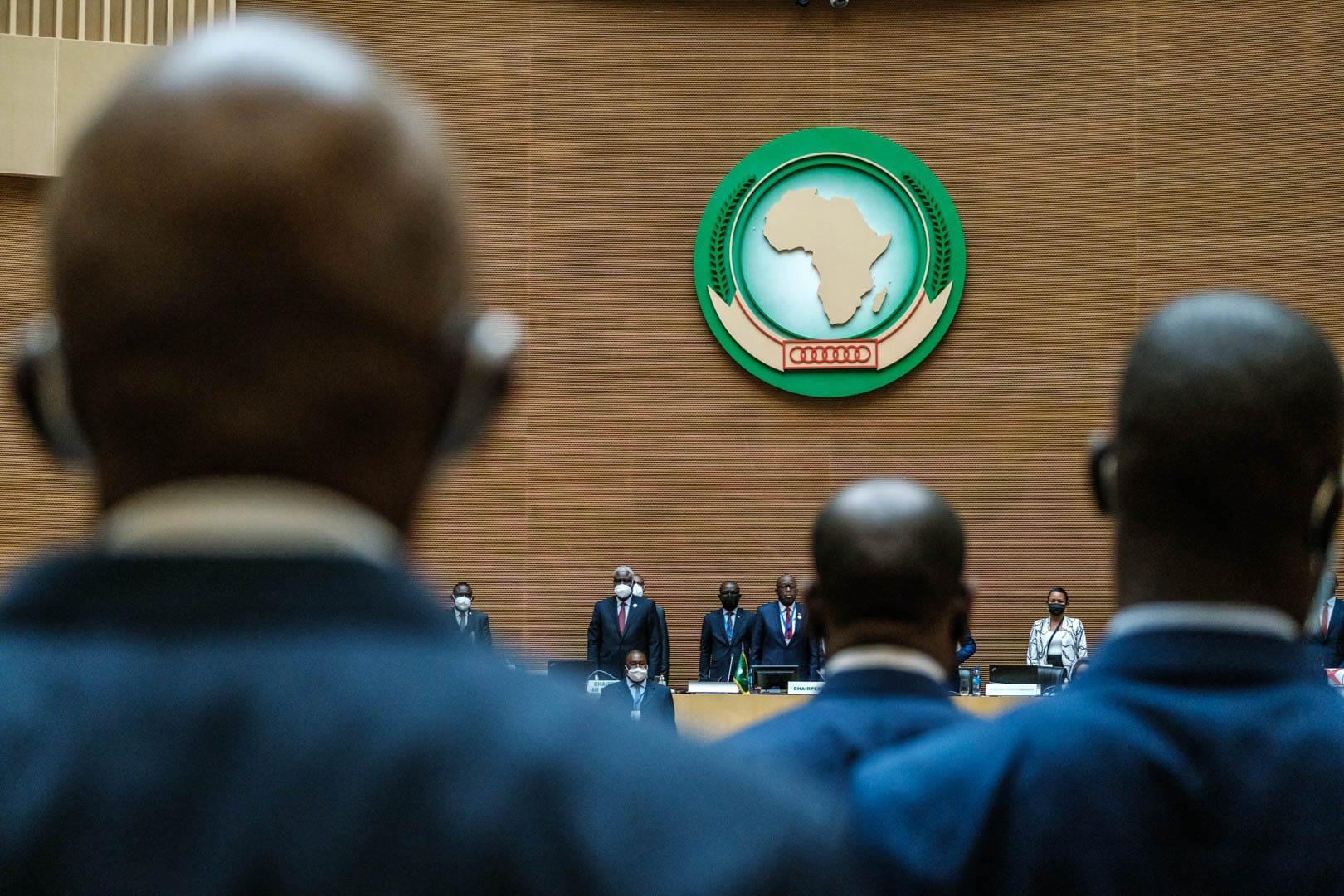Africa-Press – Eswatini. The biggest test for any leader is the ability to lead through change and there have been a few years in the past where the adage ‘uneasy lies the head that wears the crown’ seemed applicable when emaSwati looked to the head of State for much needed guidance.
The year 2023 has been no exception, even though it may have seemed relatively calm compared to 2021 and 2022, which were marred by acts of politically motivated violence. The biggest test of all this year was confronting the prospect of externally driven change when the Southern Africa Development Community (SADC) Troika was on the verge of forcing the King to hold a dialogue with those calling for regime change.
Defended
However, he held his ground, defended the sovereignty of his country in a no holds barred address at a SADC Summit in Angola and triumphed. Instead, it was the President of South Africa Cyril Ramaphosa-led Troika delegation and other SADC leaders who gained a lecture from the King on the Tinkhundla System of Government and why it was unconstitutional to be forced by fellow leaders into negotiating with what he referred to as terrorists.
The SADC heads of State listened and learnt, presumably, as the communiqué was changed from instructive to supportive, allowing Eswatini to do things the ‘Swati way’, and wishing the King and country well in hosting the national elections.
The monarch returned home from the SADC Summit in Angola with yet another challenge; this time to demonstrate, through the ballot box, what he had told the leaders about the majority being in support of the Tinkhundla system. There were calls for an election boycott by the mass democratic movement (MDM) and cynicism about the King’s capacity to get people to the polls.
He proved them wrong as more than 90 per cent of eligible voters registered for the elections. Of course, the MDM’s division over whether to participate in the elections contributed to this achievement, as SWALIMO members voted with the goal of wanting to change the system from within. Their numbers proved insignificant to get their members past the primary election stage, save for one.
Challenges
Next on the King’s list of challenges for the year was convening the long-awaited national dialogue which he had told SADC would be held but through Sibaya, as enshrined in the Constitution. Those who predicted a low turnout were disappointed by capacity attendances, even when it rained. It was not your normal Sibaya, as the King put a Midas touch to it by having several panelists present on selected topics on socio-economic issues, on a pimped-out podium complete with flowers and grass carpet and having people pose questions to them.
The next important challenge for the King was to set the tone for the dialogue, and he delivered a reconciliatory address that was devoid of emotion and divisive aspects. He invited everyone to speak their mind without fear or favour. The people complied and were not hesitant to condemn and report the misdeeds of those deemed as the ‘King’s men’. Notably, critics of the Tinkhundla system also made it to the Cattle Byre and expressed their desire for a change in the current system.
Only one incident nearly ruined the event when a speaker, who was critical of the Tinkhundla system, had his microphone taken away before his time was up. The government spokesperson was quick to apologise. The King concluded the People’s Parliament with a grateful address that showed no disdain for the extremely critical submissions, leaving little for naysayers to ride on. Another test of leadership for His Majesty was to choose and appoint a prime minister (PM) when options appeared limited and factions were ready with their own candidates.
Assist
He had invited the nation to assist him in selecting the best candidate for the role. Suggestions were made and some political pundits predicted that former PM Cleopas Dlamini would be granted a full term to prove himself, especially after being named as one of the panellists at Sibaya. However, the Ingwenyama caught everyone off guard by naming Russell Dlamini as the PM.
His reasoning, he told Sibaya, was that the country needed a candidate with disaster management experience, given the crisis in several sectors that had reached ‘disaster’ proportions. It took some time for some to recover from this, but the King had exhibited unpredictability in his leadership. His next great test would be assembling a Cabinet team capable of meeting expectations. The voters had already signalled a desire for change by electing new legislators.
Furthermore, they supplied highly competent personnel who matched the profile of the task at hand. The monarch did not disappoint and produced a Cabinet team whose pedigree is worthy of the task at hand. It is safe to surmise that the King proved adept to the challenges that put his leadership mettle to the test in guiding us through the transition of 2023. We now await what 2024 has to offer. With that, here is to wishing the King and country a successful Incwala, a safe cross over and a very prosperous 2024.
Source: times
For More News And Analysis About Eswatini Follow Africa-Press







